Home>Garden Essentials>How To Eat Fenugreek Seeds
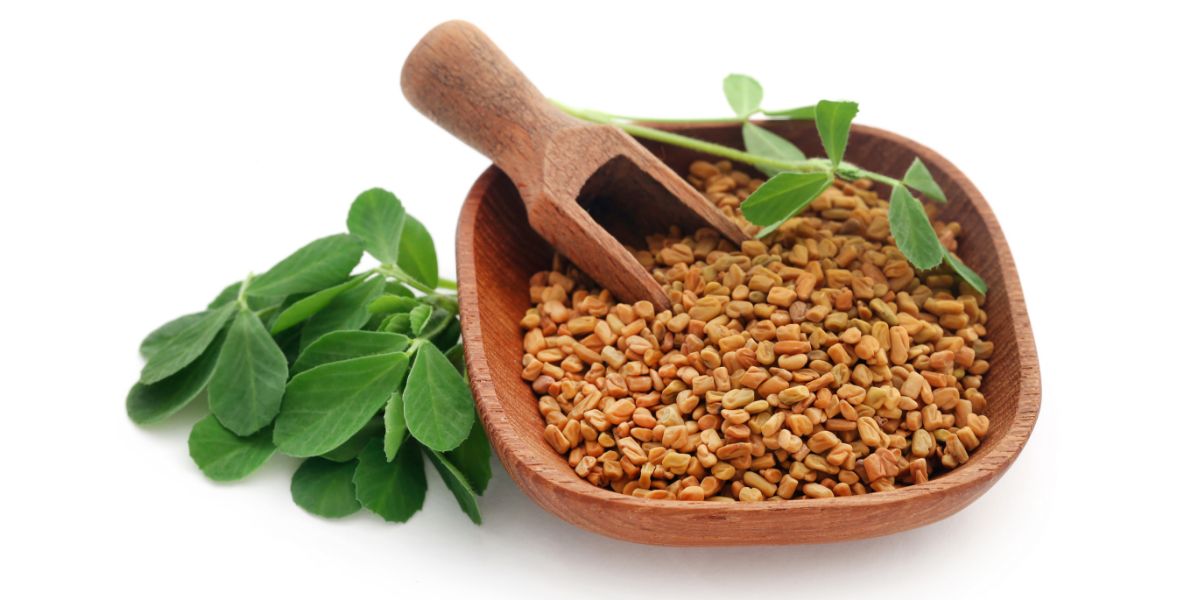

Garden Essentials
How To Eat Fenugreek Seeds
Modified: August 16, 2024
Learn how to incorporate fenugreek seeds from your garden into your diet and experience their numerous health benefits. Discover delicious recipes and helpful tips in this comprehensive guide.
(Many of the links in this article redirect to a specific reviewed product. Your purchase of these products through affiliate links helps to generate commission for Storables.com, at no extra cost. Learn more)
Introduction
Welcome to the world of fenugreek seeds! If you are looking for an easy and natural way to boost your overall health and wellness, fenugreek seeds might just be the answer. These tiny seeds have been used for centuries in traditional medicine and cooking, and their medicinal properties and nutritional benefits are truly remarkable.
In this article, we will explore the wonders of fenugreek seeds, delve into their health benefits, and learn how to incorporate them into your diet. Whether you are a health enthusiast, a culinary expert, or simply eager to explore new herbal remedies, this guide will provide you with all the information you need to enjoy the incredible benefits of fenugreek seeds.
Before we dive into the specifics, let’s first understand what exactly fenugreek seeds are and why they are worth adding to your pantry.
Key Takeaways:
- Fenugreek seeds offer a range of health benefits, from improving digestion to boosting immunity. They can be easily incorporated into your diet through salads, smoothies, and curries, but it’s important to be mindful of potential allergies and medication interactions.
- While fenugreek seeds are a great addition to your wellness routine, it’s crucial to start with small amounts and be aware of potential side effects like digestive discomfort. Always consult a healthcare professional, especially if you have allergies or are taking medications.
Read more: How To Cook Fenugreek Seeds
What are Fenugreek Seeds?
Fenugreek seeds, also known as Methi, are the small, golden-brown seeds of the fenugreek plant (Trigonella foenum-graecum). Indigenous to the Mediterranean region, these seeds have long been cherished for their culinary and medicinal properties.
The fenugreek plant is an annual herb that belongs to the Fabaceae family. It has delicate, trifoliate leaves and produces clusters of small, white flowers that eventually develop into pods. These pods contain the valuable fenugreek seeds, which are harvested once they turn golden-brown.
Fenugreek seeds have a distinct aroma and a slightly bitter, nutty taste. They are commonly used as a spice in Indian, Middle Eastern, and North African cuisines. Apart from their culinary uses, fenugreek seeds have been treasured in traditional medicine systems like Ayurveda and traditional Chinese medicine for their various health benefits.
The nutritional composition of fenugreek seeds is quite impressive. They are rich in fiber, protein, iron, magnesium, and vitamins A, B6, and C. Additionally, fenugreek seeds are a great source of phytochemicals, including flavonoids, saponins, and alkaloids, that contribute to their medicinal properties.
Fenugreek seeds are available in various forms, including whole seeds, powdered seeds, and as an extract or oil. All of these preparations can be used to reap the benefits of fenugreek seeds, depending on the specific purpose.
Now that we understand the basics of fenugreek seeds, let’s dive into the amazing health benefits they offer.
Health Benefits of Fenugreek Seeds
Fenugreek seeds are a fantastic addition to your diet due to their numerous health benefits. Let’s explore some of the most remarkable ways that these tiny seeds can enhance your well-being:
- Improved Digestion: Fenugreek seeds contain soluble fiber that helps regulate digestion and alleviate common digestive issues such as constipation and indigestion. The fiber acts as a natural laxative, promoting regular bowel movements and aiding in the prevention of digestive disorders.
- Lower Blood Sugar Levels: Fenugreek seeds are known for their ability to reduce blood sugar levels. These seeds contain compounds that enhance insulin secretion and improve insulin sensitivity, making them an excellent aid for individuals with diabetes or insulin resistance.
- Weight Management: The fiber content in fenugreek seeds can help promote feelings of fullness and reduce cravings, leading to a decrease in overall calorie intake. Additionally, fenugreek seeds have been shown to increase fat metabolism, which may aid in weight loss and weight management.
- Reduced Inflammation: Fenugreek seeds exhibit anti-inflammatory properties that can help reduce inflammation in the body. This can be beneficial for individuals suffering from conditions such as arthritis, asthma, and other inflammatory disorders.
- Enhanced Heart Health: The presence of compounds like galactomannan in fenugreek seeds can help lower cholesterol levels and prevent the accumulation of harmful fats in the arteries. By reducing the risk of cardiovascular diseases, fenugreek seeds contribute to maintaining a healthy heart.
- Hormonal Balance: Fenugreek seeds contain phytoestrogens, which are plant-based compounds that exert a weak estrogen-like effect in the body. This can be particularly beneficial for women experiencing hormonal imbalances, such as those going through menopause.
- Boosted Immunity: Fenugreek seeds are filled with antioxidants and immune-boosting nutrients such as vitamin C and zinc. These components help strengthen the immune system, protecting the body against various infections and diseases.
These are just a few of the numerous health benefits offered by fenugreek seeds. Their versatility and effectiveness make them a valuable addition to any healthy lifestyle.
Now that we understand the health benefits, let’s move on to discover how we can enjoy the benefits of fenugreek seeds in our daily diet.
Soak fenugreek seeds in water overnight to reduce bitterness and make them easier to digest. You can then eat them as they are, or add them to dishes like soups, salads, or smoothies.
How to Incorporate Fenugreek Seeds into Your Diet
Incorporating fenugreek seeds into your diet is simple and can add a unique flavor and nutritional boost to your meals. Here are some easy and delicious ways to enjoy the benefits of fenugreek seeds:
- Sprinkle on Salads: Add a sprinkle of fenugreek seeds to your green salads or grain salads to enhance their flavor profile. The slightly bitter and nutty taste of the seeds complements the freshness of the vegetables, creating a delightful combination.
- Blend into Smoothies: Add a teaspoon of powdered fenugreek seeds to your favorite smoothie recipe. Not only will this add a subtle hint of flavor, but it will also provide an additional nutritional boost.
- Infuse in Tea: Brew a cup of fenugreek seed tea by steeping a teaspoon of seeds in hot water for 10-15 minutes. Strain and enjoy this aromatic and soothing beverage.
- Roast with Vegetables: Toss your favorite vegetables, such as carrots, sweet potatoes, or cauliflower, with a drizzle of olive oil, some salt, and a teaspoon of fenugreek seeds. Roast them in the oven for a flavorful and nutritious side dish.
- Enhance Curries and Stews: Fenugreek seeds are a staple in Indian cuisine and are commonly used in curries and stews. They add a distinct flavor and aroma that elevates the overall taste of the dish. Simply add a teaspoon of fenugreek seeds during the cooking process to reap the benefits.
- Make Fenugreek Seed Powder: You can easily make fenugreek seed powder at home by grinding the seeds in a coffee grinder or spice grinder. This powder can be used as a spice in various dishes or added to homemade bread, pancakes, or muffins.
- Create Flavored Butter: Mix softened butter with crushed fenugreek seeds to create a delicious and aromatic flavored butter. Spread it on toast, use it as a topping for grilled meats or vegetables, or melt it over freshly cooked pasta for a burst of flavor.
Remember, it’s always best to start with small amounts of fenugreek seeds and gradually increase as per your taste preferences. You can experiment with different recipes and adjust the quantity of seeds to suit your liking.
Now that you know how to incorporate fenugreek seeds into your diet, it’s important to be aware of any precautions and potential side effects.
Precautions and Side Effects
While fenugreek seeds offer numerous health benefits, it’s important to exercise caution and be aware of potential precautions and side effects associated with their consumption. Here are a few key points to keep in mind:
- Allergies: Some individuals may be allergic to fenugreek seeds. If you have a known allergy to legumes, such as peanuts or chickpeas, it’s best to consult with a healthcare professional before consuming fenugreek seeds to avoid any adverse reactions.
- Diabetes Medications: If you are taking medications to manage diabetes, fenugreek seeds may have an additional effect on lowering blood sugar levels. It’s important to monitor your blood sugar closely and consult with a healthcare professional to adjust your medication dosage if necessary.
- Pregnancy and Breastfeeding: It is recommended that pregnant or breastfeeding women consult with a healthcare professional before consuming fenugreek seeds in large amounts. While fenugreek seeds are often used to support lactation in breastfeeding mothers, it’s essential to consume them in moderation and under professional guidance.
- Digestive Upset: Fenugreek seeds can cause digestive discomfort in some individuals, especially when consumed in large amounts. If you experience bloating, gas, or an upset stomach, it’s best to reduce the quantity of fenugreek seeds or discontinue use.
- Drug Interactions: Fenugreek seeds may interact with certain medications, such as blood thinners or medications for thyroid disorders. If you are on any medication, it’s advisable to consult with your healthcare provider before adding fenugreek seeds to your diet to ensure there are no potential interactions.
It’s important to note that these precautions and side effects are not exhaustive, and individual experiences may vary. If you have any underlying medical conditions or concerns, always consult with a healthcare professional before making significant changes to your diet or incorporating new foods.
Now that you are well-informed about precautions and side effects, let’s conclude our journey into the world of fenugreek seeds.
Read more: How To Use Fenugreek Seeds For Hair
Conclusion
Fenugreek seeds are truly a powerhouse of health benefits and culinary delights. From improving digestion to regulating blood sugar levels, and from reducing inflammation to boosting immunity, these tiny seeds offer a myriad of advantages for your well-being.
Incorporating fenugreek seeds into your diet is easy and enjoyable. Whether you sprinkle them on salads, infuse them in tea, blend them into smoothies, or use them as a spice in your favorite recipes, fenugreek seeds add a unique flavor and nutritional boost to your meals.
However, it’s important to exercise caution and be aware of potential allergies, interactions with medications, and digestive discomfort that fenugreek seeds may cause. It’s always best to consult with a healthcare professional if you have any concerns or specific medical conditions.
Now that you have a solid understanding of fenugreek seeds and their benefits, it’s time to embark on your journey of incorporating them into your daily routine. Explore various recipes, try new culinary combinations, and reap the incredible health benefits that fenugreek seeds have to offer.
Remember, moderation is key. Start with small amounts of fenugreek seeds and gradually increase as per your taste preferences. Enjoy the delightful flavor and embrace the immense wellness potential of these tiny golden-brown seeds.
So, what are you waiting for? Let fenugreek seeds be your companion in your quest for better health, one delicious and nutritious meal at a time!
Frequently Asked Questions about How To Eat Fenugreek Seeds
Was this page helpful?
At Storables.com, we guarantee accurate and reliable information. Our content, validated by Expert Board Contributors, is crafted following stringent Editorial Policies. We're committed to providing you with well-researched, expert-backed insights for all your informational needs.
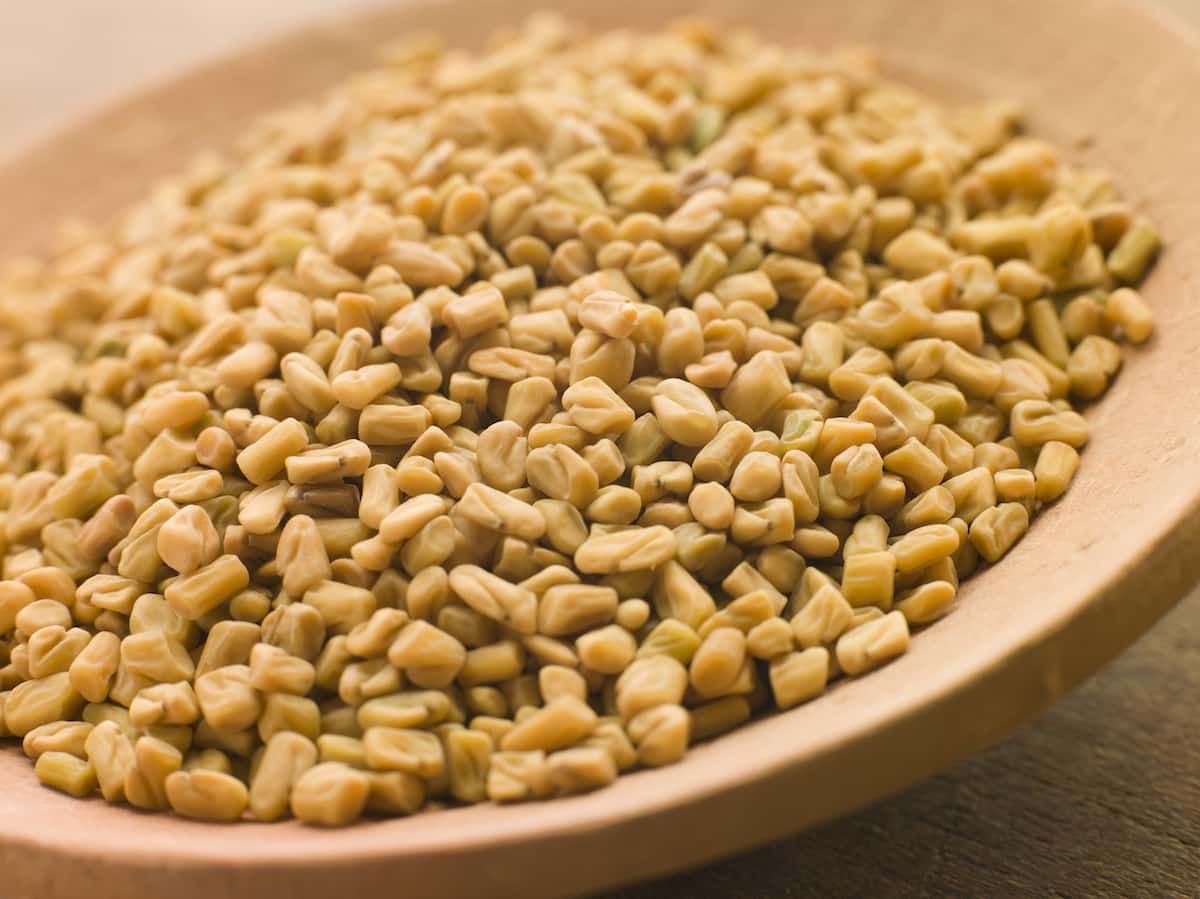
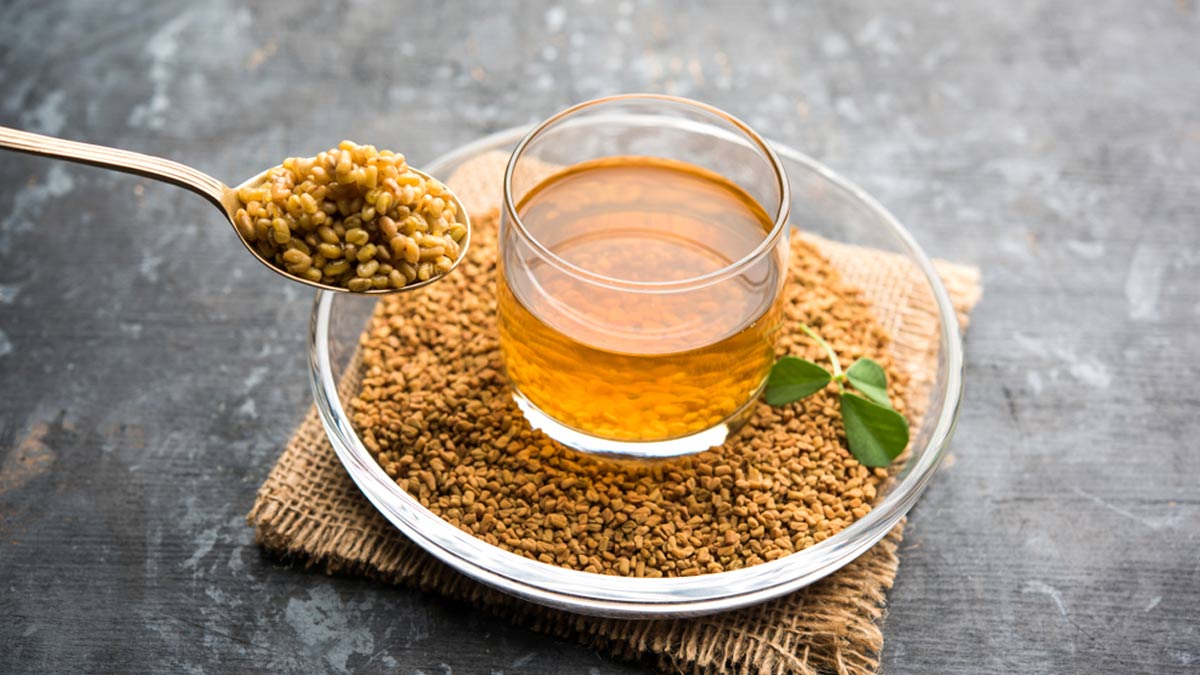

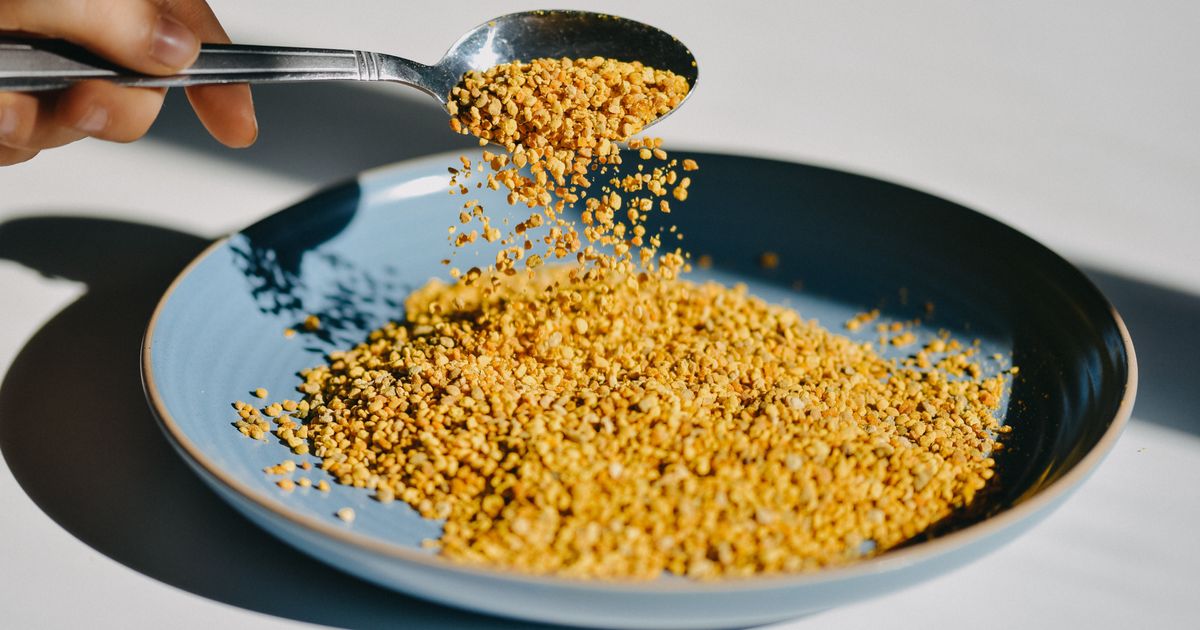
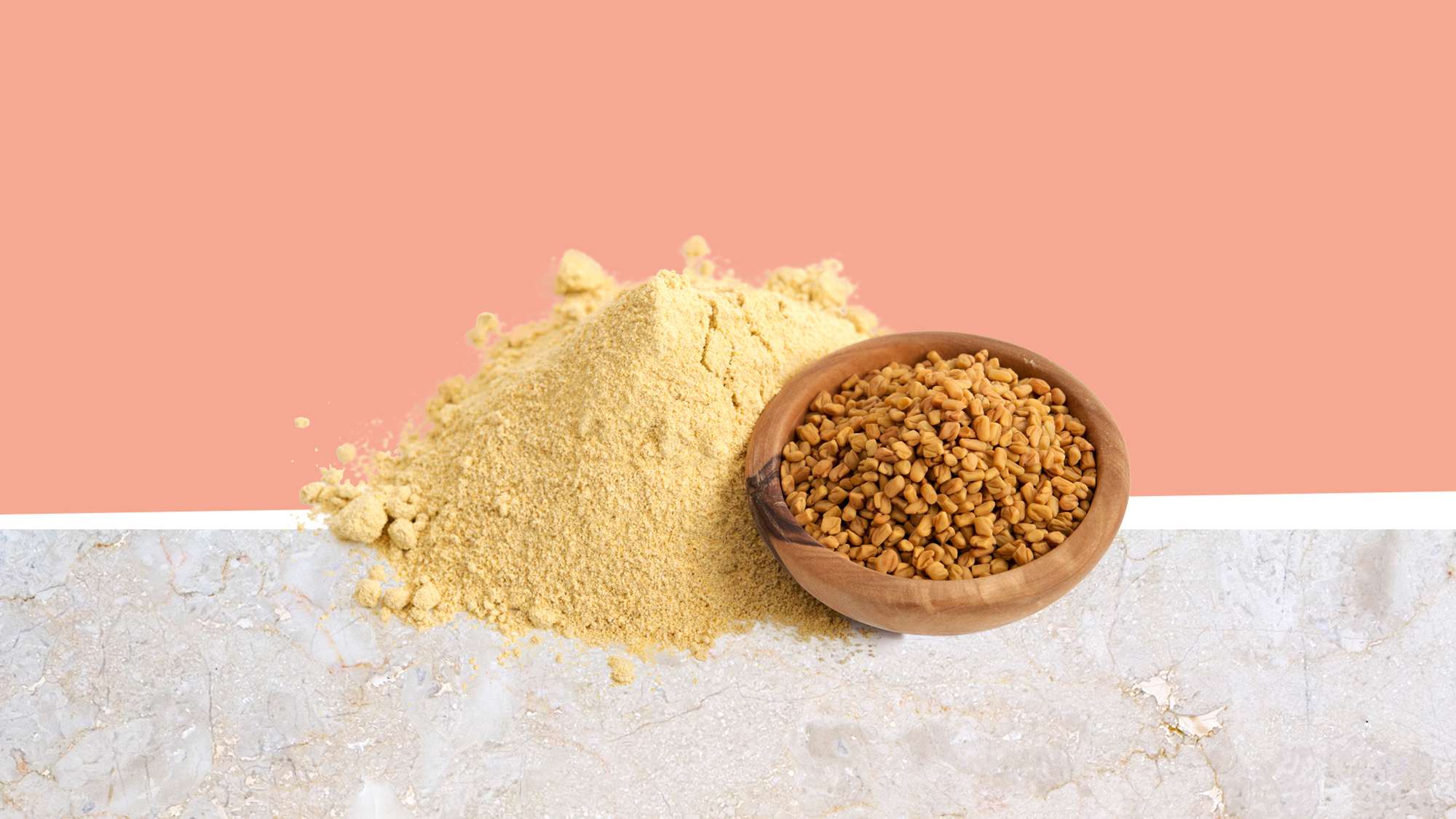
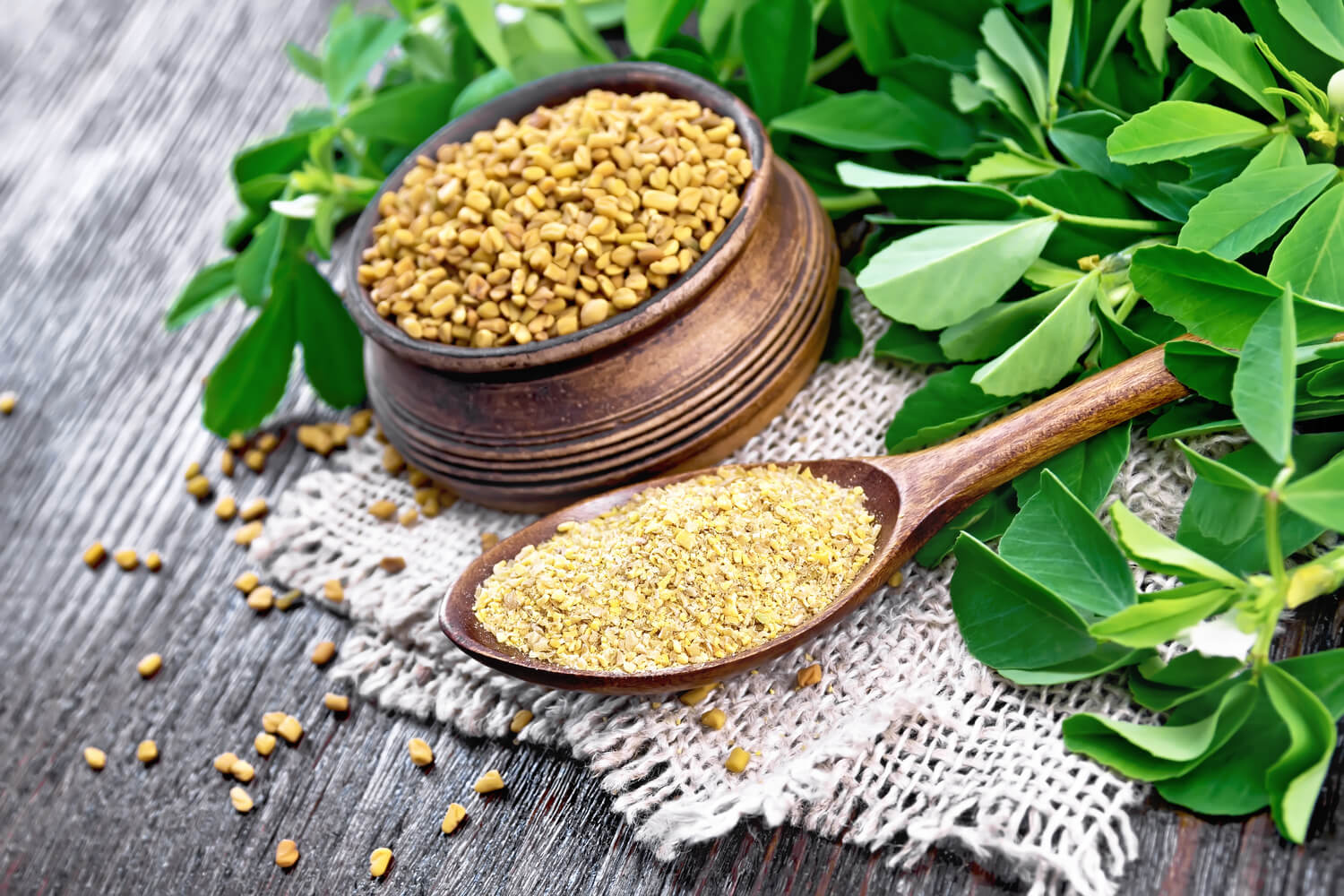
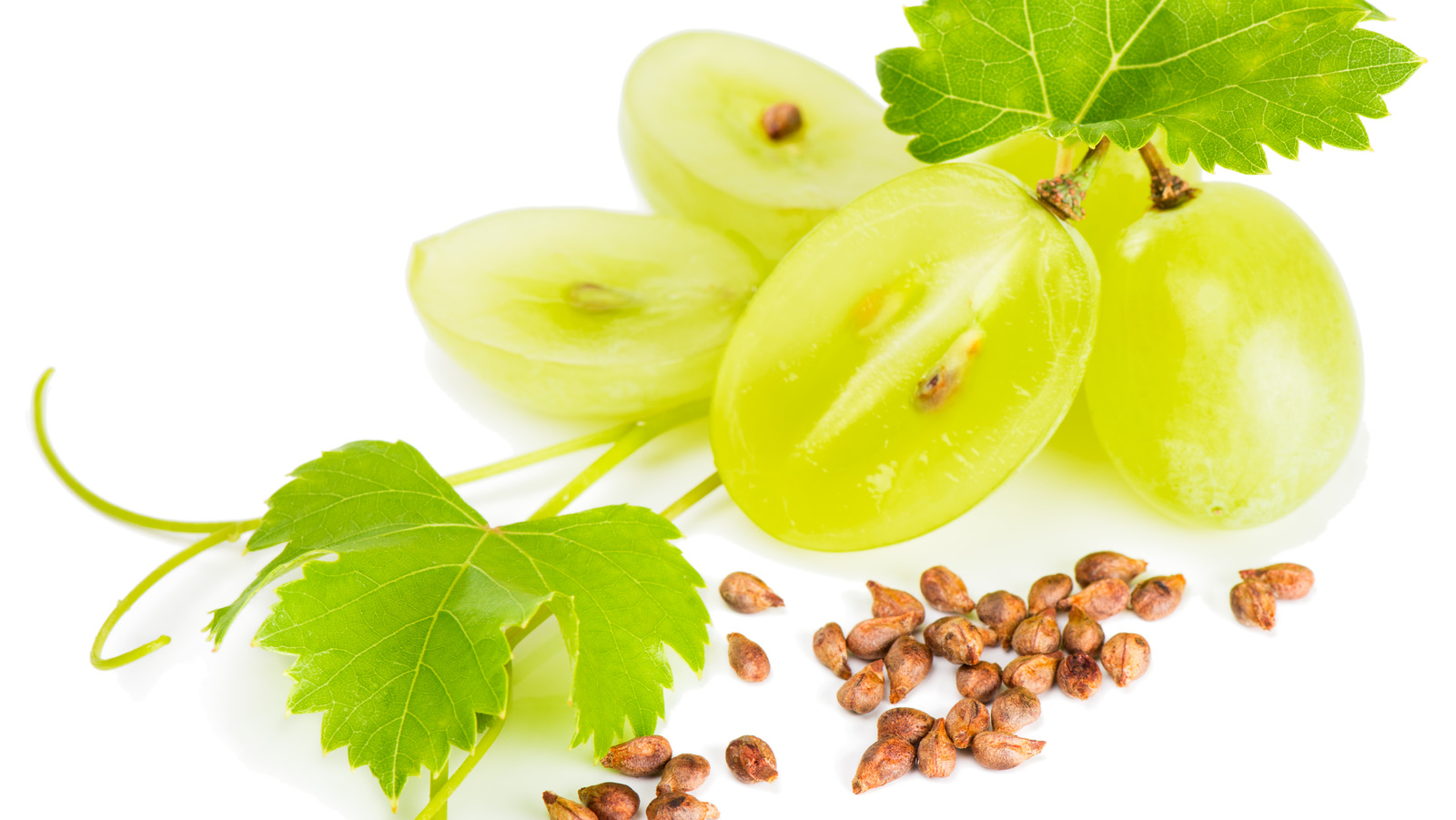
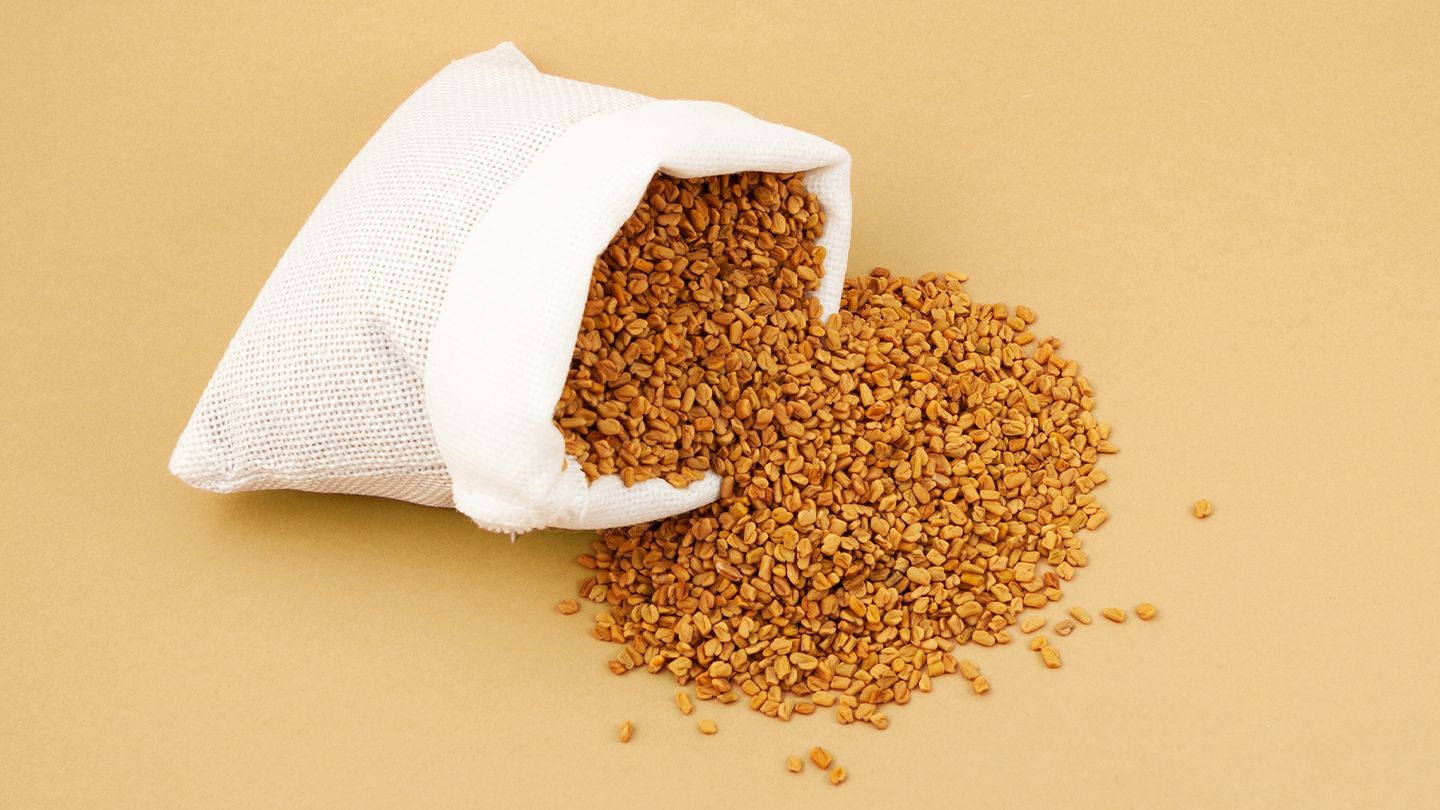
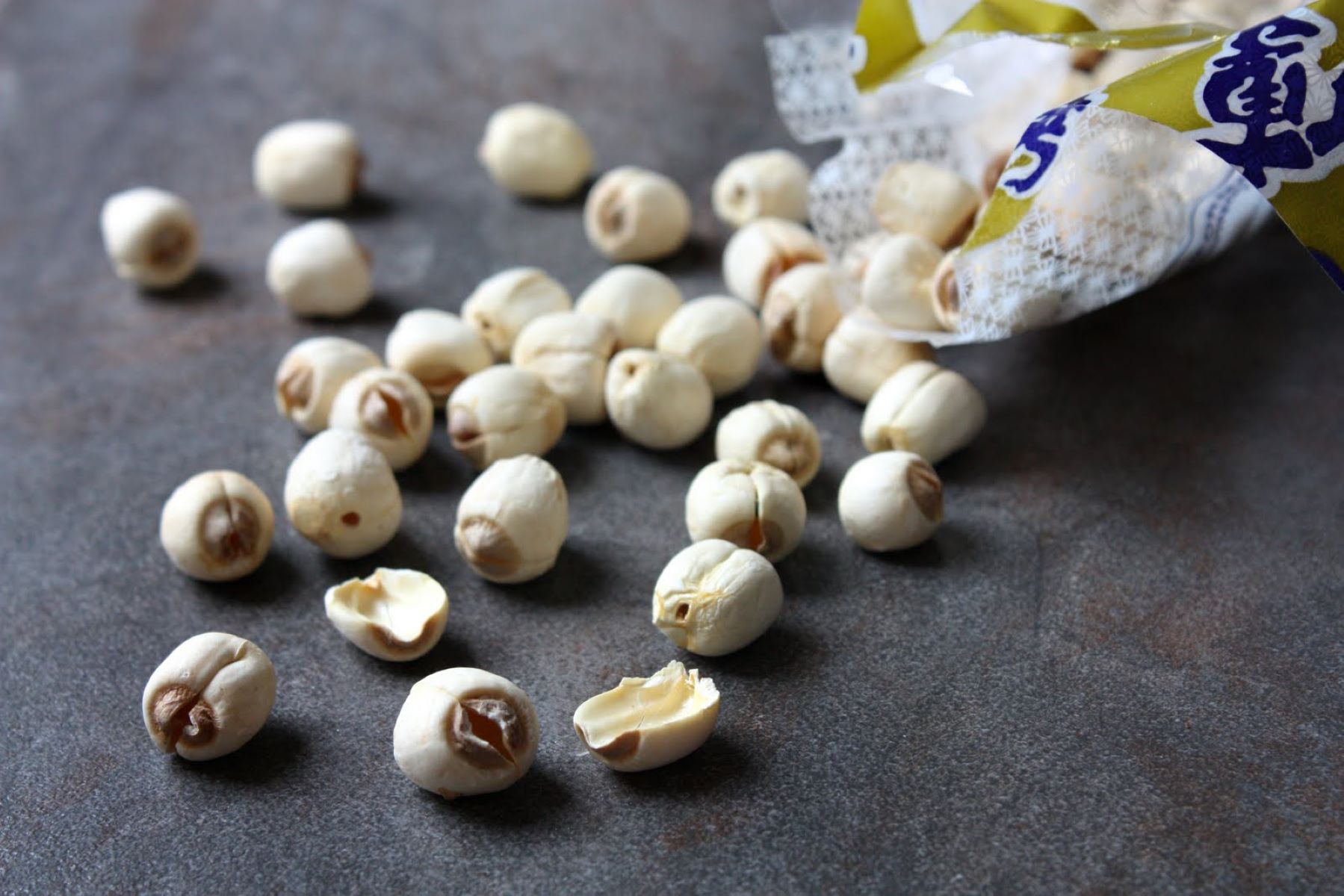
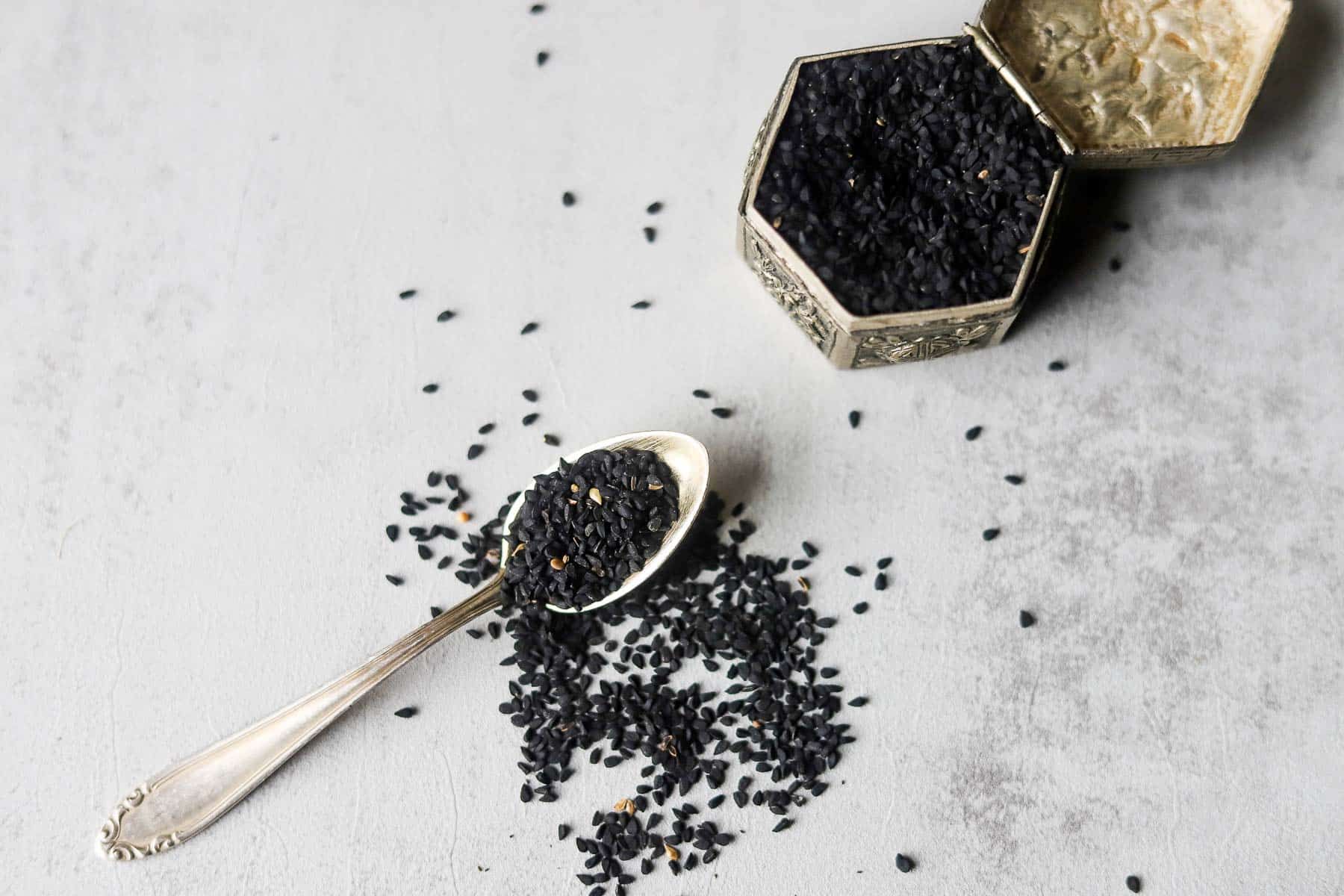
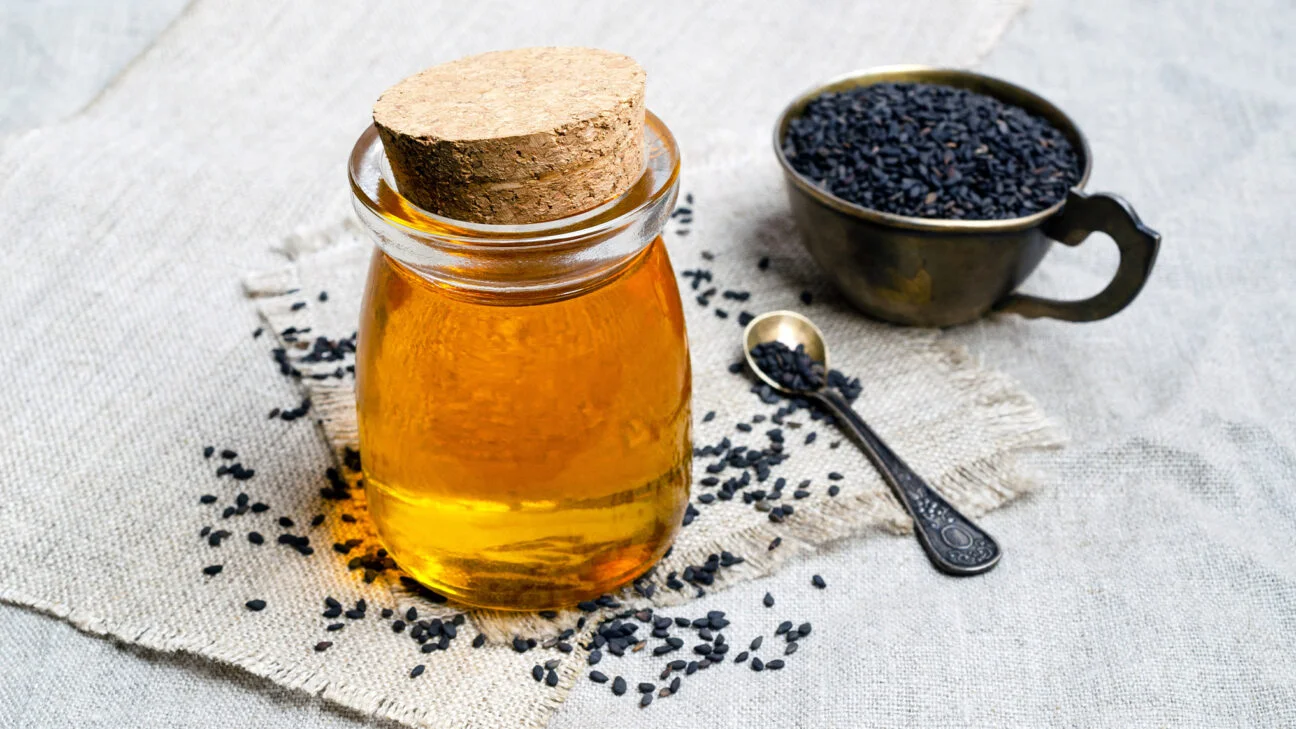
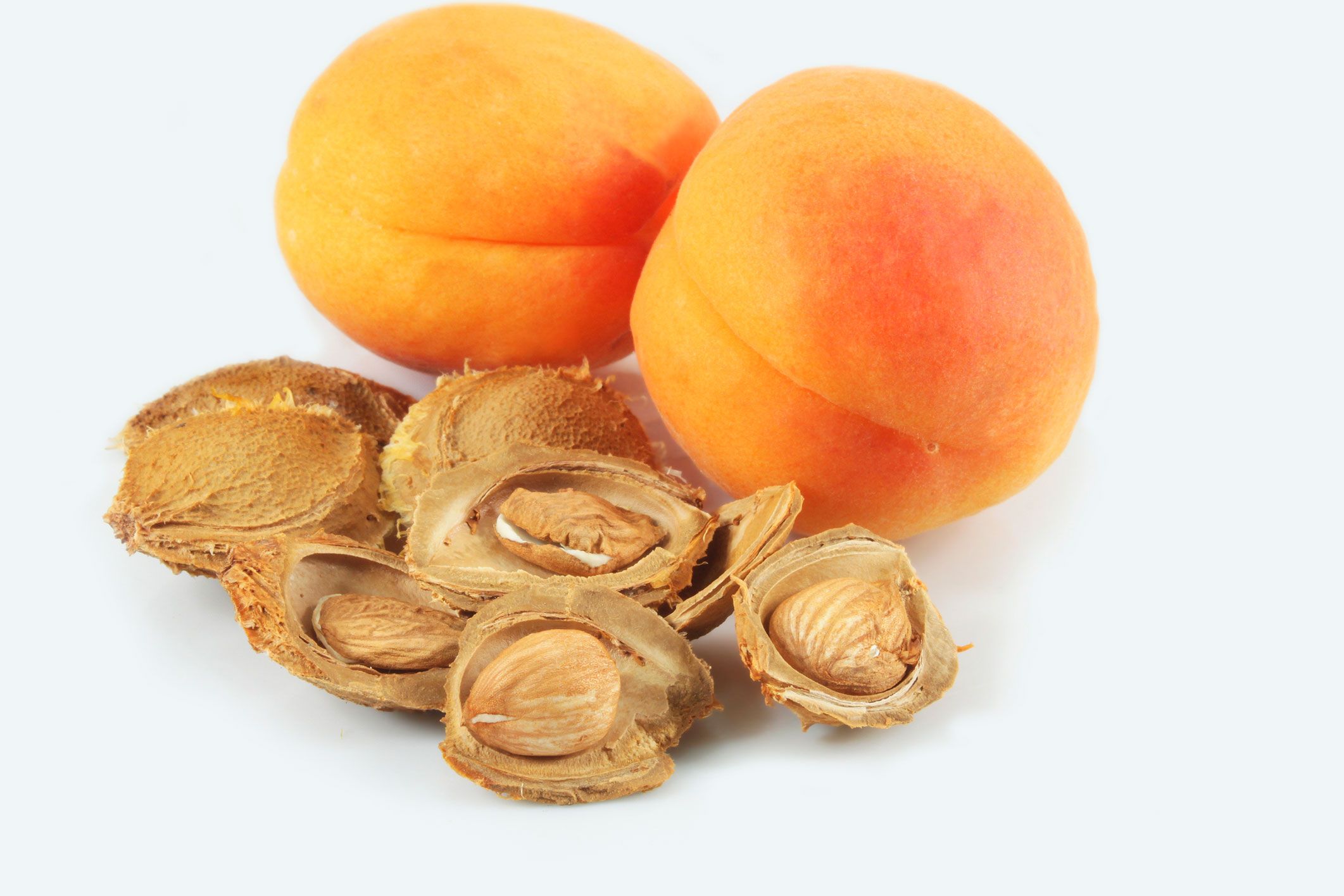
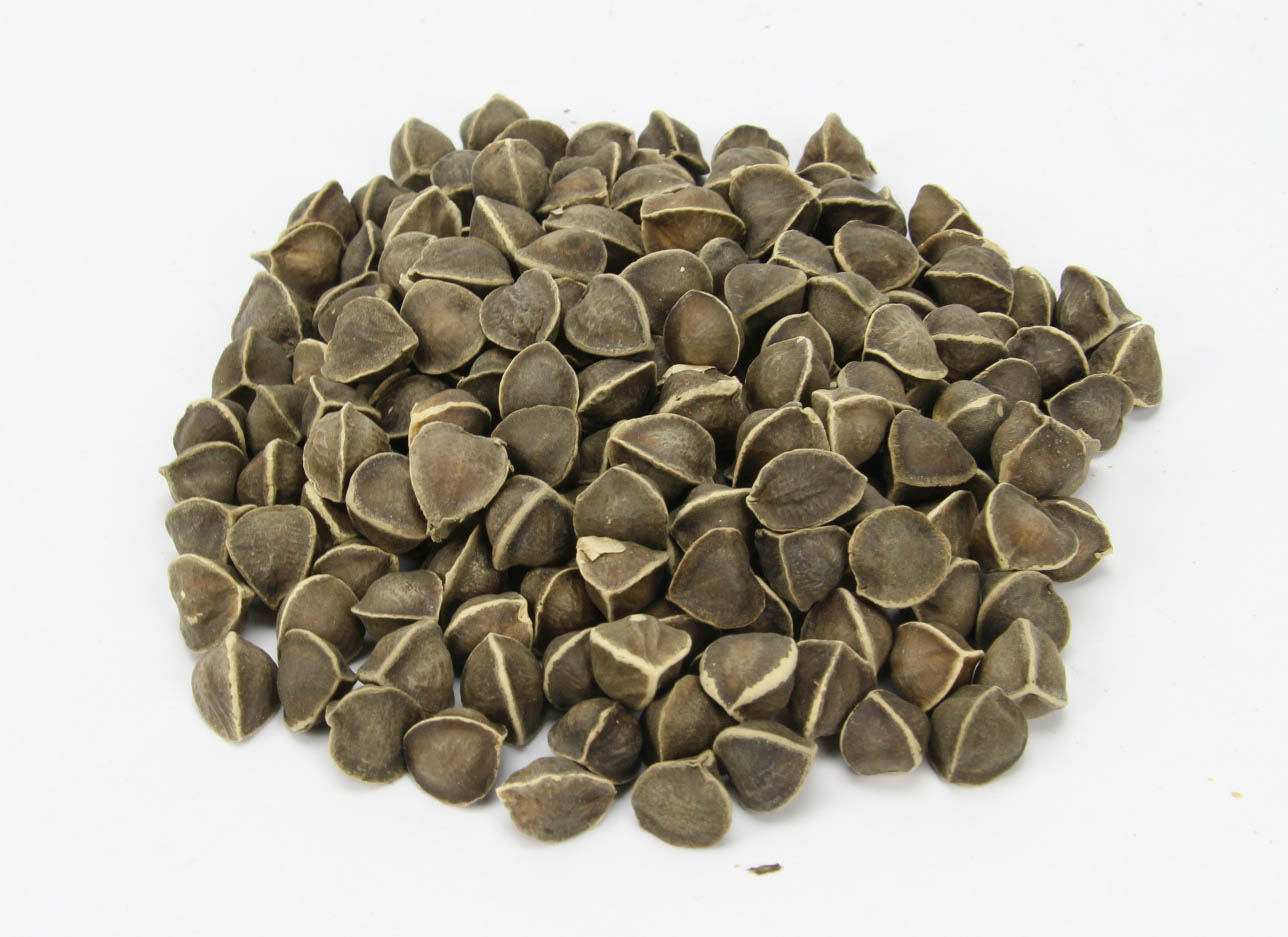
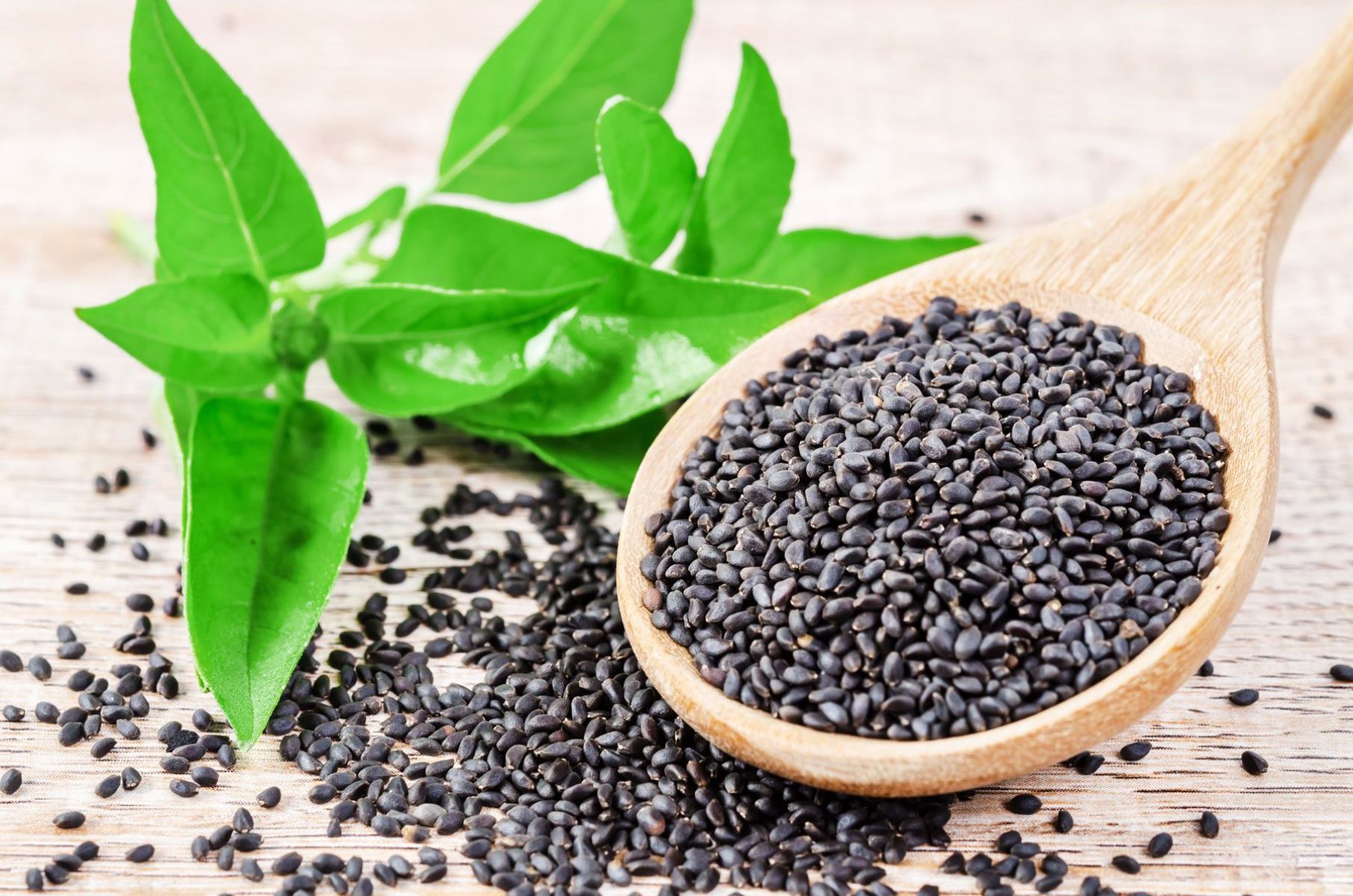

0 thoughts on “How To Eat Fenugreek Seeds”